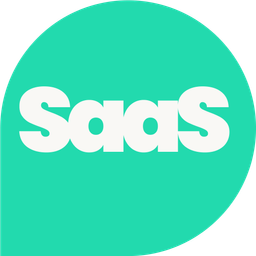This article is based on Pieter's insightful presentation at the 2024 Virtual Developer Marketing Summit, check out his full presentation here.
(Update: Pieter is currently serving as the VP of Customer Marketing and is a Product Executive at Sitecore)
Navigating developer marketing in B2B SaaS can be unpredictable.
I'm Pieter Brinkman, and I’ve been leading Global Product Marketing and Developer Relations at Sitecore for the past 13 years. My extensive experience has afforded me a unique perspective on the critical role developer marketing plays in the success of B2B enterprises.
In this article, I’ll explore the intricacies of developer marketing, from aligning long-term strategies with company goals to addressing the challenges specific to our field. I'll also share insights into the influence of developers in the B2B sales cycle and provide practical steps for leveraging this influence to drive revenue and ROI.
Join me as I delve into the strategies essential for continuously improving your revenue and ROI through real marketing measurement.
The multifaceted world of developer marketing
When I think about developer marketing, my experience has shown me a wide array of titles within my team. We use terms like Developer Marketing, Developer Relations, Technical Marketing, Product Marketing (for more technical products), Technical Product Marketing, Product Evangelism, Developer Advocacy, Community Managers, and many more.
Regardless of the title, we all share common goals:
- Creating awareness and excitement: We aim to generate interest in our products.
- Increasing adoption rates: We strive to boost the usage of our products.
- Building, growing, and nurturing the developer community: Fostering a strong developer community is essential.
- Ensuring developer feedback reaches the product team: It's crucial that developers' insights influence product development.
- Creating frictionless buyer and developer journeys: Simplifying the process for both buyers and developers.
- Improving developer education: Enhancing the knowledge and skills of developers.
- Increasing revenue and business growth: Contributing to the financial success of the company.
We achieve these goals through various tools and strategies, including:
- Content marketing: Focusing on helpful content tailored for developers.
- Developer portals: Providing a central hub for developer resources.
- Events and conferences: Engaging with the community through in-person and virtual events.
- Developer advocacy programs: Promoting our products through dedicated advocates.
- Open source contributions: Participating in and supporting open source projects.
- Social and community engagement platforms: Connecting with developers on social media and community forums.
- Developer experience: Ensuring a smooth and efficient experience for developers using our products.
The approach to developer marketing can vary greatly depending on the size of the company, whether it's a startup, scale-up, or enterprise. As companies grow, their strategies and tools evolve, becoming more complex and extensive.
Another interesting aspect of developer marketing is its organizational fit. In my opinion, developer marketing can belong to various departments—marketing, product, or sales. We serve all these audiences equally. This versatility means we fit everywhere, but paradoxically, fitting everywhere can also mean fitting nowhere, creating friction within the organization.





